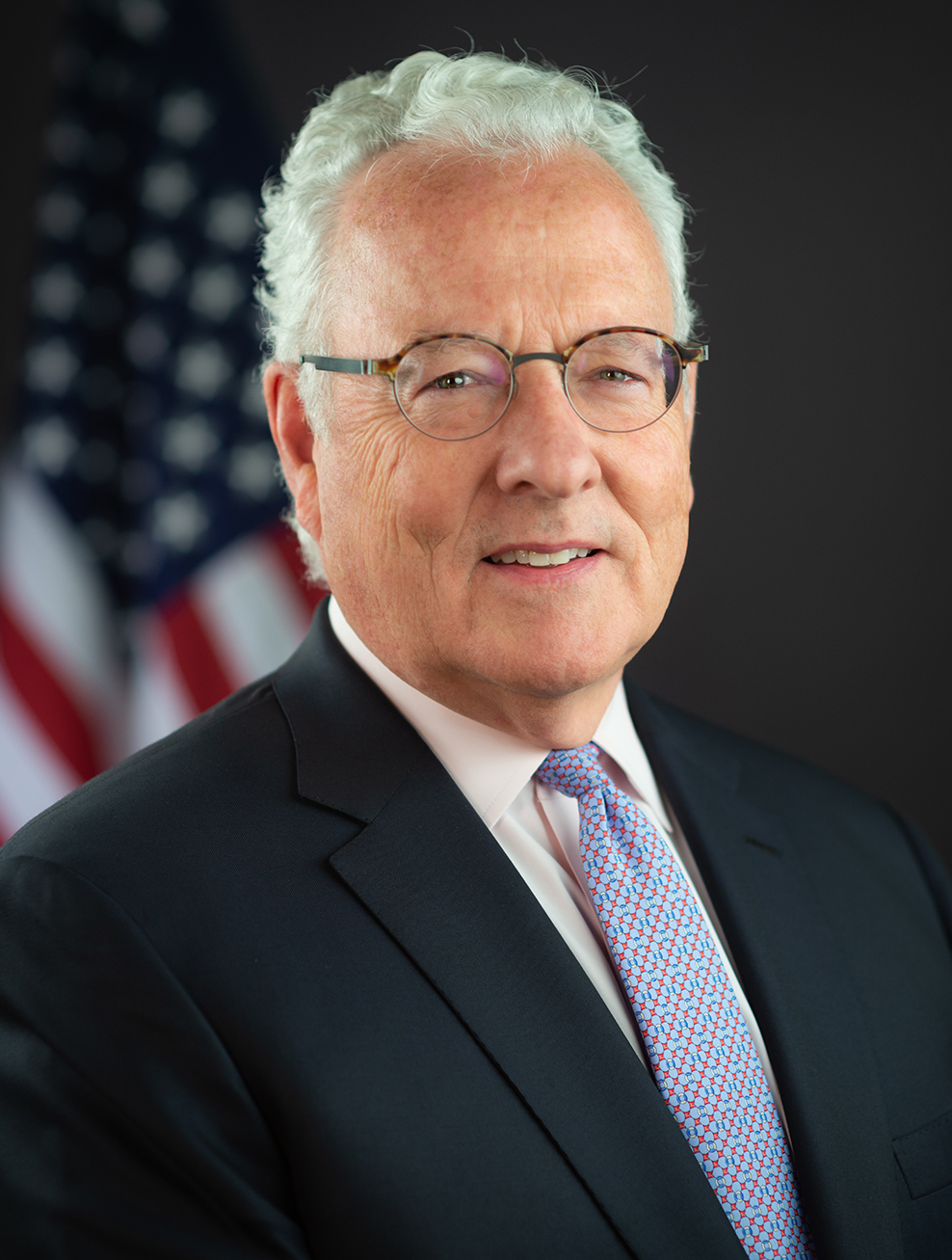By Molly Ball. October 3, 2022. (TIME).
To the untrained ear, Hester Peirce’s comment sounded anodyne, but everyone in the audience knew what she was doing: selling out her boss. “It’s fairly clear,” the U.S. Securities and Exchange commissioner said from the Washington conference stage, “that we’ve been taking an enforcement-first approach in an area where we should be taking a regulatory-first approach. I think we’ve got the balance wrong right now.”
Peirce was speaking at the D.C. Blockchain Summit in May, to an audience of the cryptocurrency faithful. Outside the auditorium, geeks, lobbyists and investors mingled in a cavernous converted warehouse. “Trust is non-fungible,” read a banner for the accounting firm Deloitte, hung from a balcony where the company was sponsoring a lavish spread of snacks. Most attendees were done up in D.C. drag—conservative suits and dresses, more boardroom than Burning Man.












